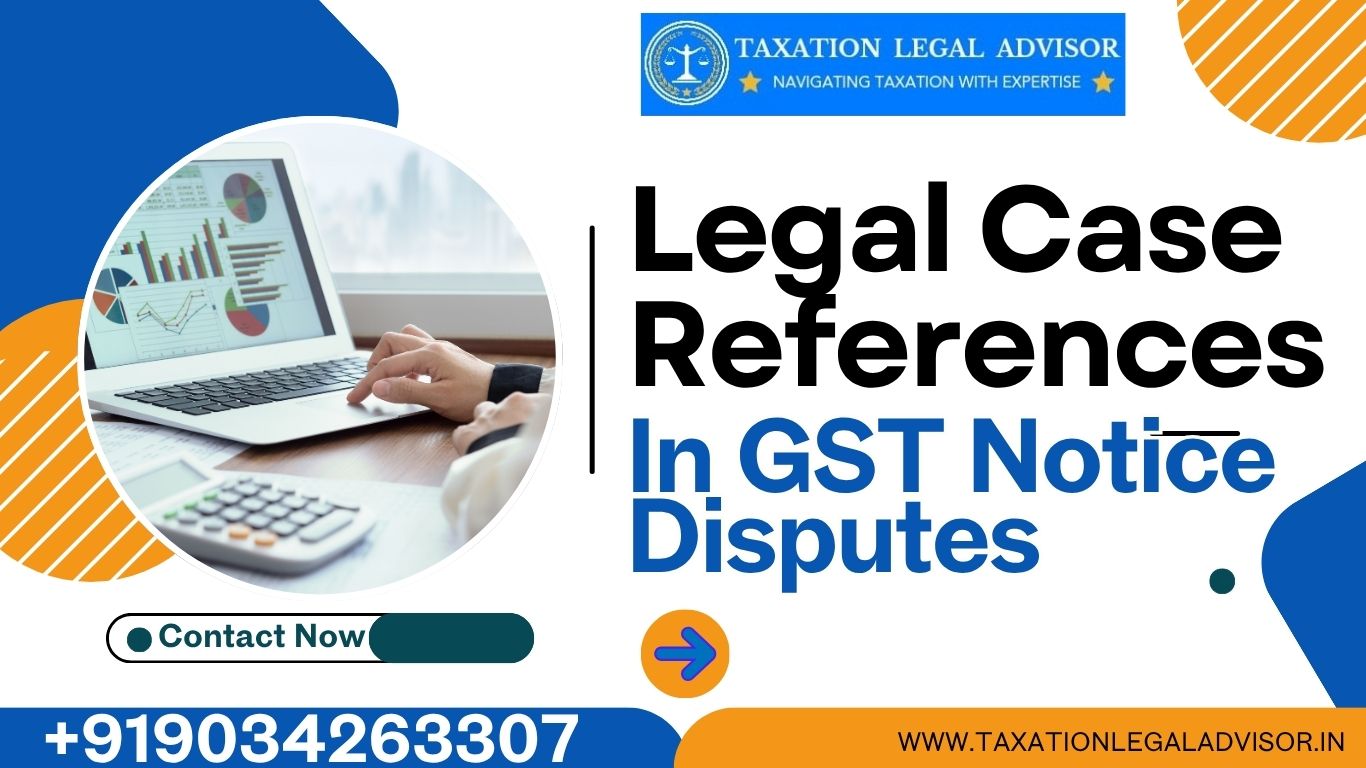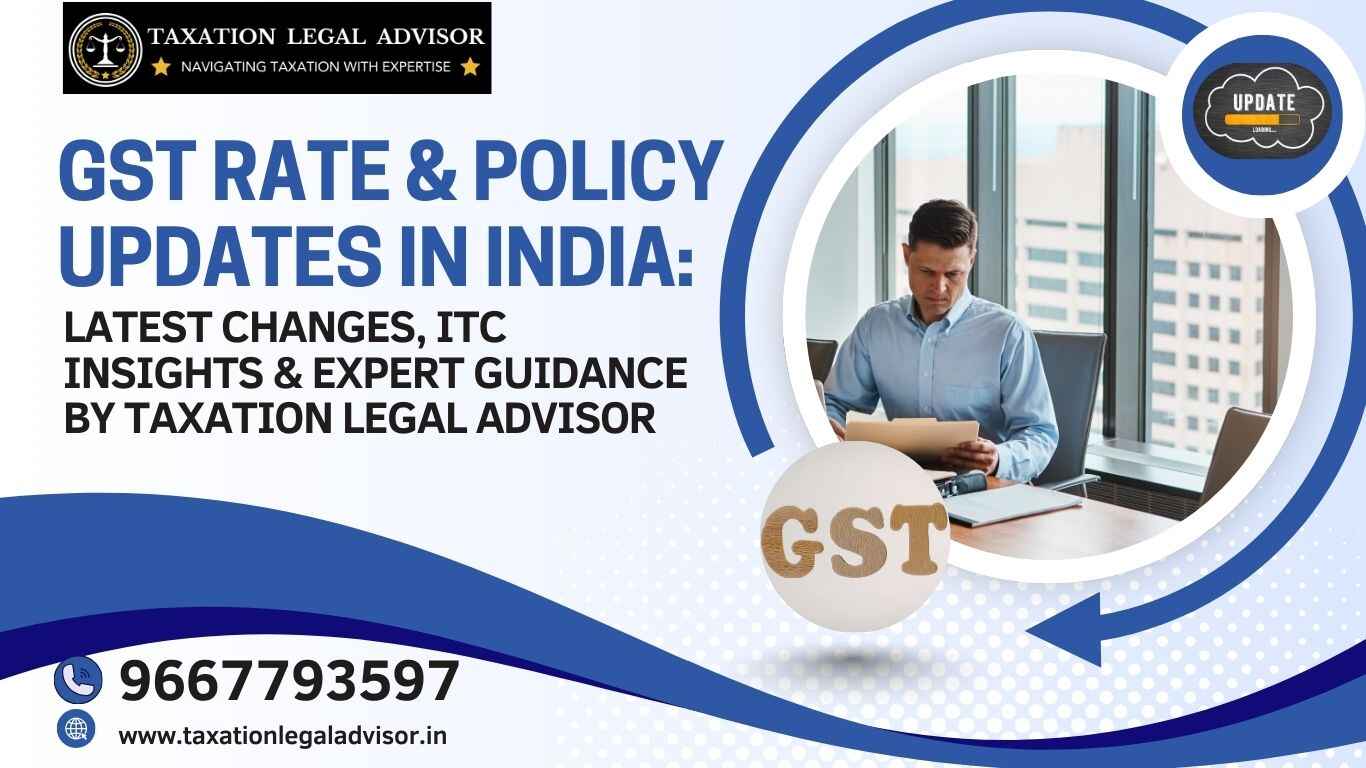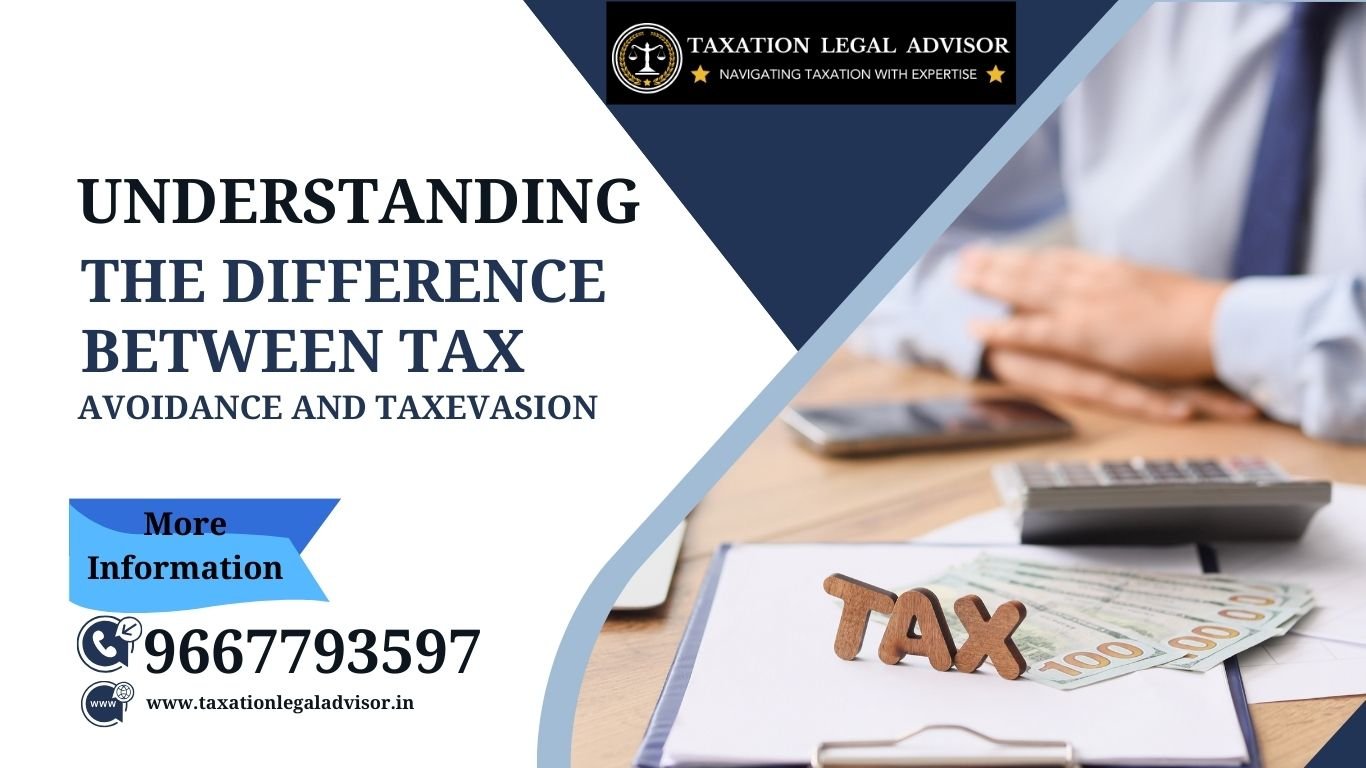Legal Case References in GST Notice Disputes
In the complex landscape of Goods and Services Tax (GST) compliance and litigation, legal case references play a crucial role in resolving disputes arising from GST notices. Such notices could include show cause notices, demand notices, or penalty notices issued by tax authorities when discrepancies or non-compliance are suspected. Citing relevant legal precedents during dispute proceedings helps taxpayers and their advocates build stronger defenses and secure favorable outcomes.
Importance of Legal Case References in GST Disputes
GST laws, though codified under the Central Goods and Services Tax Act and related statutes, are often subject to interpretation. The judicial decisions made by various tribunals, High Courts, and the Supreme Court of India create binding precedents that clarify ambiguous legal provisions or procedural aspects. In disputes triggered by GST notices, referencing authoritative case law is essential to:
- Challenge the validity of the notice or its allegations based on precedent,
- Establish principles for interpretation of complex GST provisions,
- Demonstrate consistent judicial trends favoring the taxpayer’s stance,
- Structure legal arguments grounded in established decisions,
- Prevent arbitrary or unjustified tax demands.
Common Themes in GST Notice Dispute Case Law
Several recurring themes emerge in GST-related case law that frequently influence how disputes are handled:
- Validity of Show Cause Notices: Courts have often scrutinized whether the issuance of a show cause notice complied with procedural fairness and legal requirements, setting standards about notice precision and timeliness.
- Input Tax Credit (ITC) Entitlements: Numerous rulings have clarified conditions under which ITC can legitimately be claimed or disallowed, affecting many disputes on tax credit.
- Classification and Valuation Disputes: Judicial pronouncements aid in interpreting the taxability and valuation of goods and services, critical in notice challenges.
- Penalties and Interest: Courts examine the reasonableness and applicability of penalties and interest computed in GST demands, often reducing or quashing excessive levies.
- Jurisdictional and Procedural Issues: Case law defines the jurisdiction of tax authorities and procedural correctness, which can be pivotal when challenging notices.
Notable GST Cases for Reference in Notices
- K.L. Organic Foods Pvt Ltd vs. Commissioner of CGST — Addressed the scope and limitation of show cause notices related to ITC.
- M/S Brilliant Radiant Enterprises vs. Union of India — Affirmed principles on classification and valuation under GST.
- One97 Communications Ltd vs. Union of India — Discussed the correct levy of GST on digital transactions and penalties.
- Supreme Petronet Ltd vs. Union of India — Examined procedural safeguards in issuing GST demands and the importance of maintaining transparency.
These cases and others like them form the foundation for legal strategies in disputing notices and protecting taxpayer interests.
How Taxation Legal Advisor Uses Case References
At Taxation Legal Advisor, our experts meticulously research and integrate the most relevant and recent legal precedents into responses to GST notices. This approach:
- Enhances the credibility and strength of legal submissions,
- Facilitates nuanced argumentation tailored to the client’s facts,
- Improves chances of minimizing tax liabilities and penalties,
- Helps navigate complex GST litigation with confidence.
Conclusion
In GST notice disputes, legal case references are not just formal citations but strategic tools critical for effective dispute resolution. Staying well-informed about evolving GST jurisprudence is indispensable for taxpayers and advocates alike. Taxation Legal Advisor offers specialized guidance leveraging comprehensive case law knowledge to help clients respond adeptly to GST notices and safeguard their business interests.
📞 Call: +919034263307
🌐 Visit: https://taxationlegaladvisor.in










